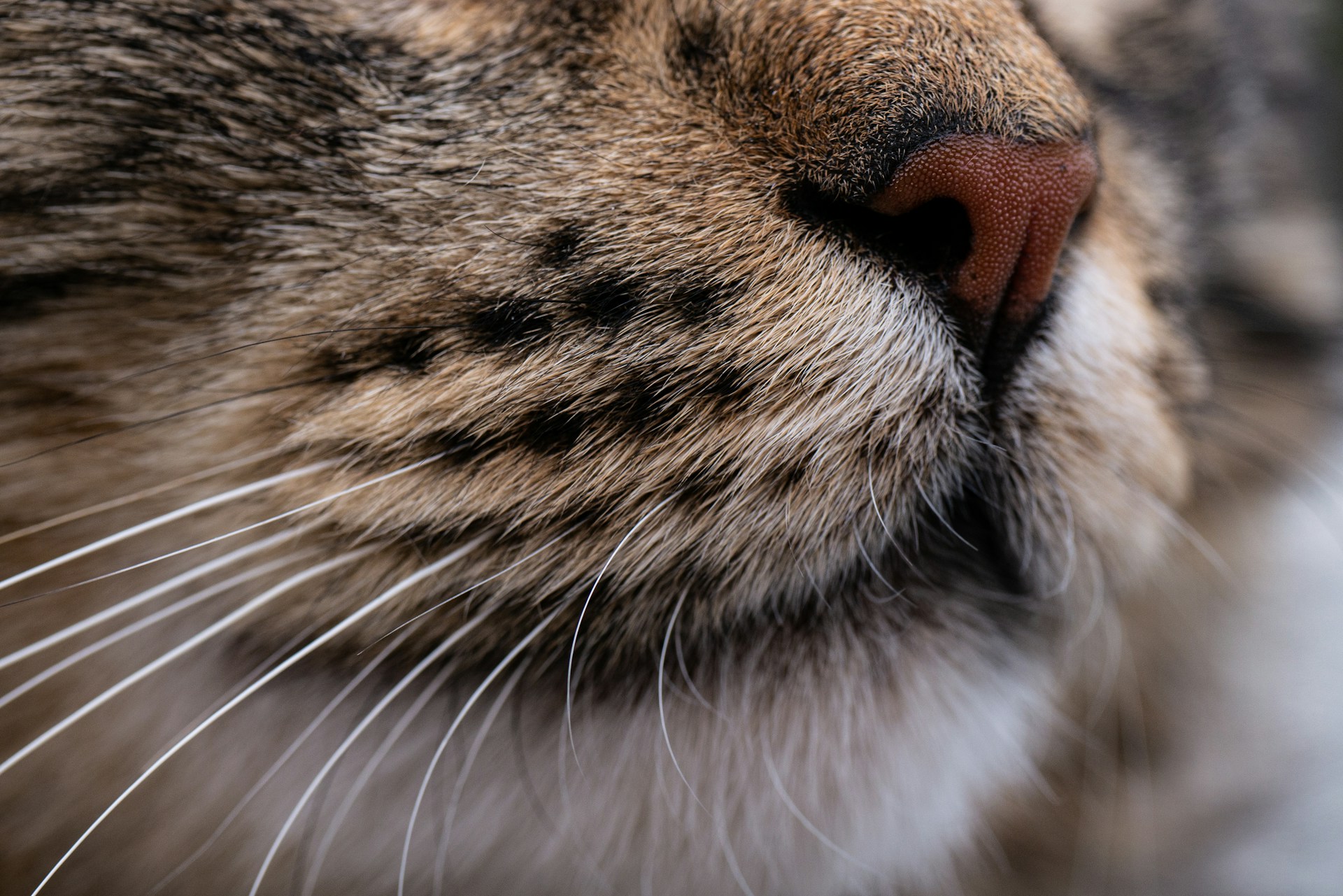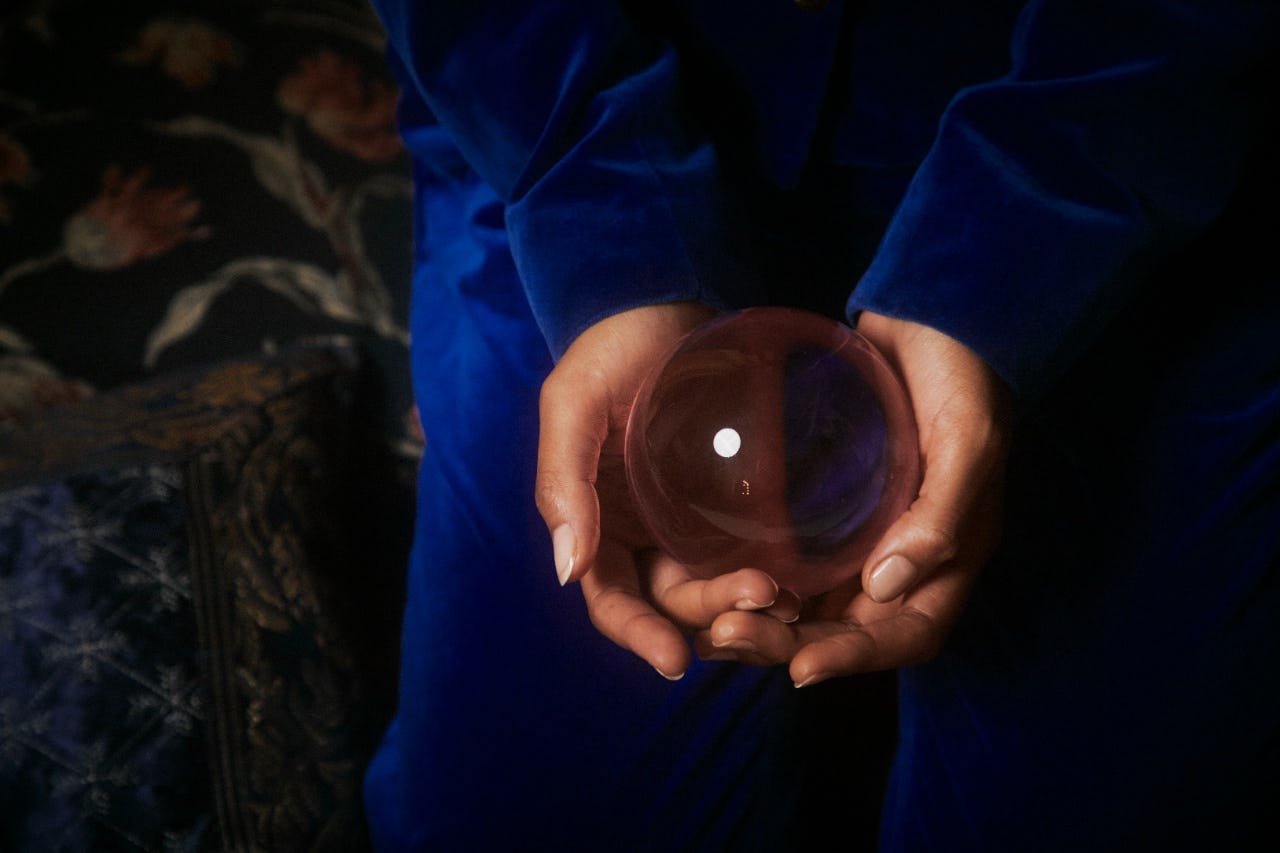Have you ever wondered if there’s a deity out there who could be your personal spiritual sponsor? Well, in many cultures, that’s precisely what a patron god or goddess does. These divine figures are not just distant, mythological characters; they play an active, guiding role in the lives of their devotees, offering inspiration, protection, and guidance.
Today, we’ll dive deep into what these beings are, why they matter, and how you might go about choosing one to connect with in your own spiritual journey.
Understanding Patron Gods and Goddesses
What is a Patron Deity?
A patron god or goddess is essentially a spiritual guardian chosen or assigned to an individual or community. Historically, these deities have roles tied to specific aspects of life—like love, war, wisdom, or the harvest.
For instance, Athena, the Greek goddess of wisdom, served as a patron to the city of Athens, bestowing her wisdom upon its citizens. In today’s spiritual practices, a patron deity serves a similar role, offering support and powers that align with their domains.
Roles and Influences
Patron deities are not just passive figures; they influence their followers’ lives in significant ways. Whether it’s guiding decisions, providing courage, or inspiring creativity, these gods and goddesses have a hand in shaping destinies.
This connection is deeply personal and can influence a practitioner’s approach to everyday challenges, encouraging them to reflect their deity’s qualities and strengths.
The Historical and Cultural Roots
Every culture has its pantheon of gods and goddesses, and many include the concept of patron deities. From the Norse’s Thor, who offers protection with his mighty hammer, to the Egyptian goddess Isis, who provided healing and magic, these figures have been integral to cultural identities and practices.
Understanding the origins of these divine relationships helps us appreciate their depth and significance in historical contexts, reminding us that the bonds between deities and humans are as old as spirituality itself.
Famous Patron Deities and Their Domains
Let’s take a quick tour through some well-known patron gods and goddesses across various mythologies. In Roman culture, Mars wasn’t just a god of war but a protector of the state. In Celtic lore, Brigid, goddess of the hearth, was not only invoked for protection of the home but also for inspiration in craftsmanship and poetry.
These deities were central figures in their respective cultures, overseeing crucial aspects of communal and individual wellbeing.
Choosing a Patron Deity in Modern Practices
In the modern spiritual landscape, choosing a patron god or goddess is a deeply personal decision that resonates beyond ancient texts and rituals. Many people turn to these divine figures seeking guidance, protection, or inspiration in their daily lives.
Whether you’re drawn to a particular deity’s story or their attributes align with your needs, the process of selecting a patron is as meaningful as the relationship you’re hoping to cultivate.
Criteria for Selection
How do you decide which deity to call your patron? It often begins with reflection—considering personal traits, life goals, and the challenges you face.
Some might feel a natural affinity to a god or goddess whose domain relates to their career or passion, like Apollo for artists or Athena for students and scholars. Others might seek a patron whose strength can help them overcome personal struggles, such as Artemis for independence and protection.
Intuition and Spiritual Guidance
Listening to your intuition is crucial in this process. Sometimes, a deity might come to you in dreams, signs, or a series of coincidences that are too striking to ignore. Many practitioners also consult divination tools, such as tarot cards or runes, to feel out which deity might be reaching out to them.
Remember, the connection should feel strong and clear, as this is a relationship that you will be nurturing for a long time.
Cultivating a Relationship with Your Patron Deity
Building the Connection
Once you have chosen your patron god or goddess, the next step is to establish and deepen your relationship. This is not much different from building a friendship; it requires time, respect, and regular communication.
Engage with your deity through rituals that resonate with their character and domain. For instance, if you’re devoted to Hecate, goddess of magic and crossroads, you might create rituals that involve crossroad dirt or perform them at night to honor her.
Rituals and Offerings
Regular offerings are also a way to show respect and devotion. These can be as simple as lighting a candle in their honor, placing food offerings on an altar, or dedicating a poem or song to them. The type of offering may vary depending on the deity’s historical or mythological preferences.
For example, Dionysus might appreciate offerings of wine and grapes, reflecting his domain over vineyards and festivity.
Benefits of the Relationship
The benefits of having a patron deity can be profound. Beyond the spiritual growth and personal transformation that comes with such a practice, many find comfort in feeling protected and guided by a higher power. This relationship can bring a sense of peace and purpose, enriching your spiritual journey and providing a comforting presence during challenging times.
Embracing a patron god or goddess can be a transformative experience, offering not only guidance and protection but also a deeper connection to the spiritual world. The journey of choosing and connecting with a patron deity is a deeply enriching one that can last a lifetime. Take your time, listen to your heart, and let the divine guide you.
















